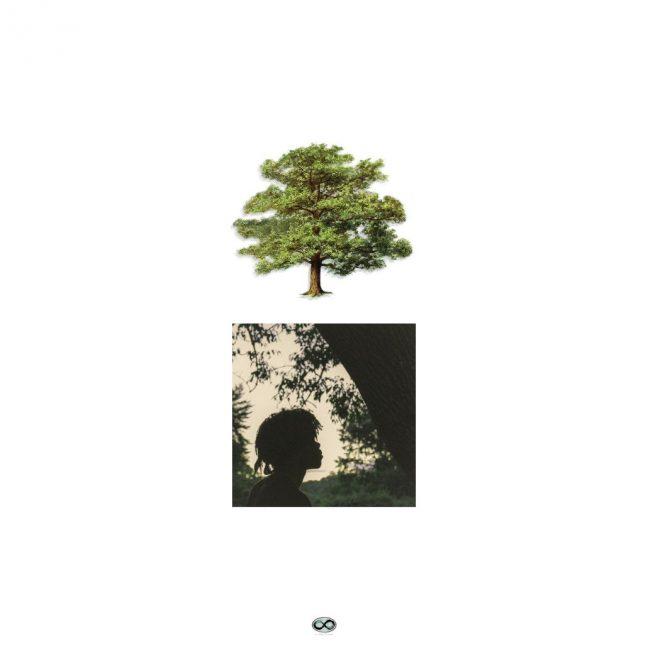Out of all the talent among Madison’s pool of artists, few, if any, feel like more of a safe bet for stardom than Trapo.
While many emcees have adjusted their flows to incorporate melody into their deliveries, for Trapo, it seems natural. Thanks to his warm, leathery vocals, he’s able to seamlessly blend singing and rapping to create potent tracks that are both deeply personal and profoundly relatable.
His ability and versatility, as well as his lyrical craftsmanship, share the same qualities of Frank Ocean. This is a weighty comparison, especially for an 18-year-old, but Trapo is no ordinary teenager, and he proves it, yet again, on his newest LP Shade Trees.
The project is notably bolder (and longer) than its predecessor She, which was marked by Trapo’s trademark delivery and its jazzy, synthy instrumentals. Much of the core of this album is the same, but it feels like its periphery has been expanded 100 miles in every direction.
There are many different types of beats and genre influences present in the album, and Trapo sharpens the contrast between his rapping and singing as well as the edge of his lyrics, often to devastating effect.
“Love Is,” for example, is an introspective track where Trapo takes stock of his life among the emerging fame he finds himself in. With a looming record deal, he sings about his fantasies becoming realities, but also about what parts of his reality he can trust to carry over into his new life.
It’s a track that highlights the best of what Trapo has to offer — deep lyrics delivered through soulful singing over an uplifting beat. What’s so exciting about Trapo is that two tracks later he goes in the opposite end of the spectrum on “Riot.”
Backed up by Chicagoan Saba, Trapo raps snarlingly and angrily over a grimy beat about getting characterized as a reckless partier by labels, media outlets and listeners alike based off of his music. All the while, Trapo has to deal with personal issues like depression, exes and suicidal urges.
Trapo bounces from topic to topic on this album, going into the same depth on each track either with reflective singing, probing lyrics or a mix of the two over instrumentals constantly varying in genre influence.
If there’s any drawback to the record, it’s that it’s not exactly cohesive. If anything, it functions as a stylistic choice to demonstrate how jumbled the human psyche can be, especially in the swirling world Trapo finds himself in.
He leaves us with “Youth,” a track where he ultimately embraces the confusion that comes with his current age and the stage of his career. When we get old, he sings, we end up on our own, so why run away?
Shade Trees is a project that few will find themselves walking away from anytime soon. We can even see him perform live at the Majestic Dec. 11.


